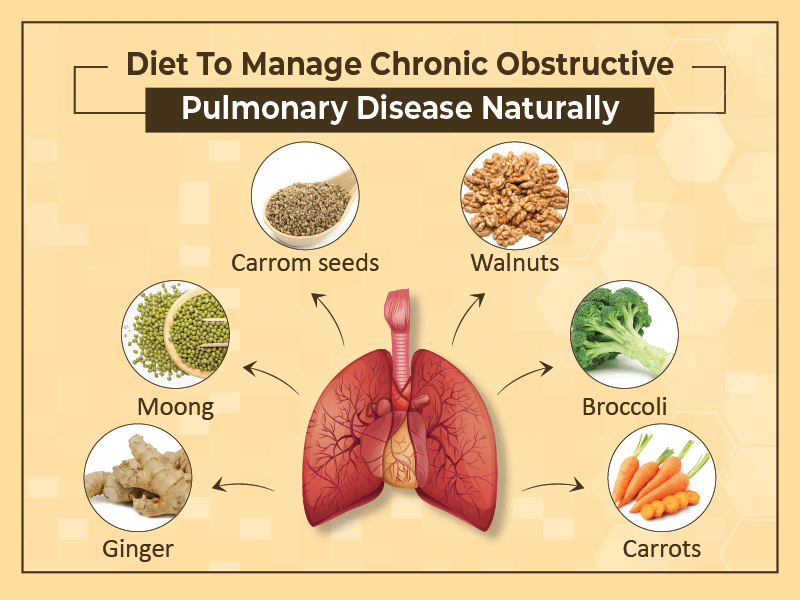Chronic Obstructive Pulmonary Disease (COPD) is a progressive lung disease that affects millions of people worldwide. Managing COPD symptoms can be challenging, but with the right strategies and support, individuals can live a fulfilling life. Here are some tips to help manage COPD symptoms effectively:
1. Quit Smoking
Smoking is the leading cause of COPD, so quitting smoking is crucial in managing the disease. If you are struggling to quit, speak to your healthcare provider about resources and support available to help you kick the habit.
2. Follow Your Treatment Plan
It is important to follow your prescribed treatment plan, which may include medications, oxygen therapy, and pulmonary rehabilitation. Make sure to take your medications as directed and attend all appointments with your healthcare provider.
3. Stay Active
Regular exercise can help improve lung function and overall well-being. Talk to your healthcare provider about safe and effective exercise options for COPD, such as walking, swimming, or tai chi.
4. Eat a Healthy Diet
A balanced diet rich in fruits, vegetables, whole grains, and lean proteins can help support your immune system and improve energy levels. Avoid foods that trigger symptoms, such as dairy or processed foods high in sugar and salt.
5. Manage Stress
Stress can exacerbate COPD symptoms, so it is important to find ways to manage stress effectively. Try relaxation techniques, such as deep breathing exercises, meditation, or yoga, to help reduce stress and improve your quality of life.
6. Avoid Exposure to Air Pollutants
Air pollutants, such as cigarette smoke, dust, and chemicals, can worsen COPD symptoms. Avoid exposure to these pollutants by staying indoors on high pollution days, using air purifiers, and wearing a mask when necessary.
7. Stay Hydrated
Drinking plenty of water can help thin mucus and make it easier to breathe. Aim to drink at least eight glasses of water a day, and avoid beverages that can dehydrate you, such as alcohol and caffeine.
8. Get Vaccinated
People with COPD are at higher risk of developing complications from respiratory infections, such as the flu or pneumonia. Make sure to stay up to date on vaccinations to protect yourself from these infections.
9. Join a Support Group
Living with COPD can be isolating, but joining a support group can provide you with valuable emotional support and practical tips for managing your condition. Look for local or online support groups for people with COPD.
10. Monitor Your Symptoms
Keep track of your symptoms, such as shortness of breath, coughing, and wheezing, and report any changes to your healthcare provider. Monitoring your symptoms can help you and your healthcare team make informed decisions about your treatment plan.
By following these tips and working closely with your healthcare provider, you can effectively manage COPD symptoms and improve your quality of life. Remember, it is important to communicate openly with your healthcare team about your symptoms and any challenges you may be facing. Together, you can develop a personalized treatment plan that meets your needs and helps you live your best life despite COPD.
